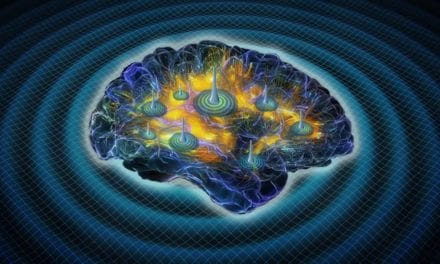A new study reveals that higher social media usage is linked to an increase in nightmares involving social media themes.
Summary: A study by Flinders University found that increased social media usage is linked to more frequent and distressing social media-related dreams. Researcher Reza Shabahang developed the Social Media Nightmare-Related Scale (SMNS) to quantify this phenomenon. The study, involving 595 Iranian adults, revealed that while social media-related nightmares are rare, they are more common among heavy social media users. Common themes include being unable to log in and disrupted relationships. The findings highlight the complex relationship between social media use, mental health, and sleep quality, urging mindful social media consumption.
Key Takeaways:
- The study found that higher social media usage is associated with more frequent and distressing social media-related nightmares, impacting sleep quality and mental health.
- Researcher Reza Shabahang created the Social Media Nightmare-Related Scale (SMNS) to measure the prevalence and themes of social media-related nightmares, identifying common themes such as inability to log in and disrupted relationships.
- Social media-related nightmares, though relatively rare, are linked to negative mental health outcomes like anxiety and depression, emphasizing the need for responsible and mindful social media use.
The more time you spend on social media, the greater the likelihood of having unpleasant social-media-related dreams that cause distress, sleep disruption, and impact our peace of mind, according to new research.
Flinders University’s Reza Shabahang says that the vast and rapid adoption of social media has the potential to influence various aspects of life, including the realm of dreaming. “As social media becomes increasingly intertwined with our lives, its impact extends beyond waking hours and may influence our dreams,” says Shabahang from the college of education, psychology, and social work, in a release.
Development of the Social Media Nightmare-Related Scale
Shabahang developed a new scale, the Social Media Nightmare-Related Scale (SMNS), that can quantify how social media could contribute to our nightmares. The SMNS was developed by integrating literature on dreaming, nightmares, and the relationship between media and dreams, with a focus on specific themes related to social media use, such as helplessness, loss of control and victimisation.
The study involved 595 Iranian adult social media users. Overall, respondents reported a low prevalence of social media-related nightmares. According to the descriptive statistics for each item in the SMNS, “Being unable to log in to social media” was the most common nightmare, and “Disruption of relationships with other social media users ” was the second most common nightmare. “Being sexually harassed in social media” was the least common nightmare, and “Someone stealing your identity in social media” was the second least common nightmare.
Findings and Implications
“Our study introduces the concept of social media-related nightmares, which are defined as nightmares that involve social media-related themes, such as cyberbullying, online hate, or excessive social media use,” says Shabahang in a release. “Whilst social media-related nightmares are relatively rare, those who use social media more during their daily lives are more likely to have social media-related nightmares that are associated with negative mental health outcomes, such as anxiety, depression, and sleep quality. This study provides insights into the complex relationships between social media use, mental health, and sleep quality.”
The study is published in BMC Psychology.
Shabahang warns that as the technological landscape continues to evolve, further research needs to explore the effects of social media on users’ dreaming experiences.
“With the rapid advances in technology and media, including artificial intelligence (AI) and virtual reality, along with the increasing dependency on these technologies and deeper integration, it is anticipated that dreams featuring technological and media content will become more frequent,” he says in a release. “Future studies have the potential to expand the scope of this exploration, delving into areas such as nightmares related to the perceived dangers of AI. To mitigate the occurrence of social media-related nightmares we recommend adopting a responsible and mindful use of social media.”
Photo 82674230 © Kolotype | Dreamstime.com









